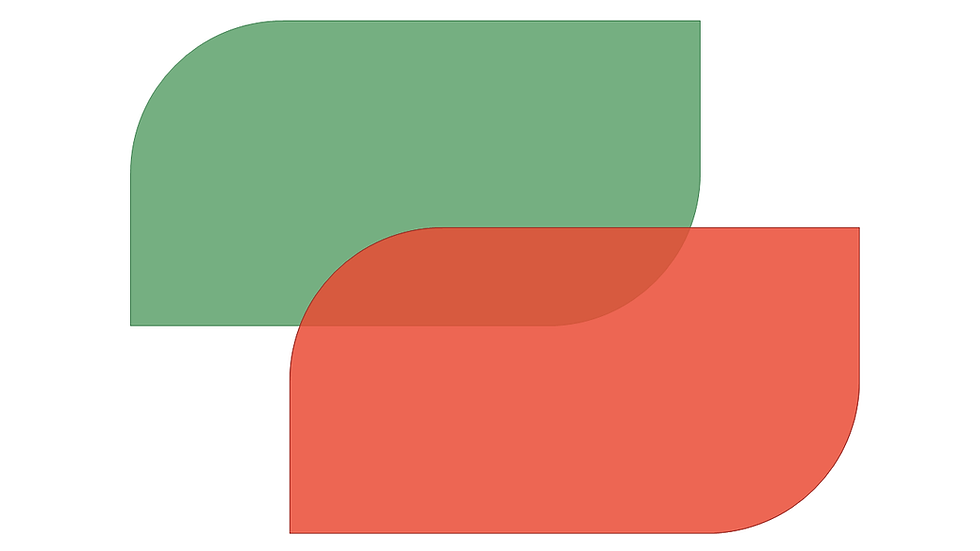Benefits of learning a language
- ITALIAN SCHOOL OF ST ALBANS

- May 15, 2016
- 2 min read

Learning a foreign language means much more than being able to order a coffee or reserve your table when you go on holiday. It will make you smarter, more decisive and will give you a better understanding of your own language. Also, it doesn't matter when you start to learn, as it has been shown that even older people can acquire a level of fluency once they start .
Here is a list of benefits that physiological studies have found:
You become smarter- It sounds impossible but it's actually true, because speaking another language improves the functionality of your brain. You constantly need to recognise and negotiate meaning, something that can be applied in other problem-solving tasks too. This is a reason why students who learn a foreign language tend to do well in exams.
Your memory improves- Learning a language is probably the most effective way to train your brain (which, like a muscle, improves with exercise). Memorising new rules and vocabulary helps this "muscle" to keep fit and the student will remember things better. Just try and find out!
You develop decision-making skills- Bilinguals usually tend to make more rational decisions as they get more confident with their choices. The subtle implications of the language's vocabulary can lead one to influence their judgement and make better decisions.
You keep Alzheimer and dementia away- Consistent and frequent researches haven shown that people who speak a second language tend to have less of these problems and, when they have it, comes later (75 years old against 71 years old of the monolinguals).
You understand better your language: Studying a foreign language puts you in front of grammar, conjugations and structures of sentences. Improving these skills makes you more aware of your language too and helps you to communicate and listen better than before.
Italian is considered one of the 10 easiest languages to learn for English speakers. Its Latin route allows you to understand many words, even if you have never studied it. Italian structure is rhythmic and, because most words end in a vowel, the language sounds quite simple to understand. Why not give Italian a go and keep your brain healthy?




Comments